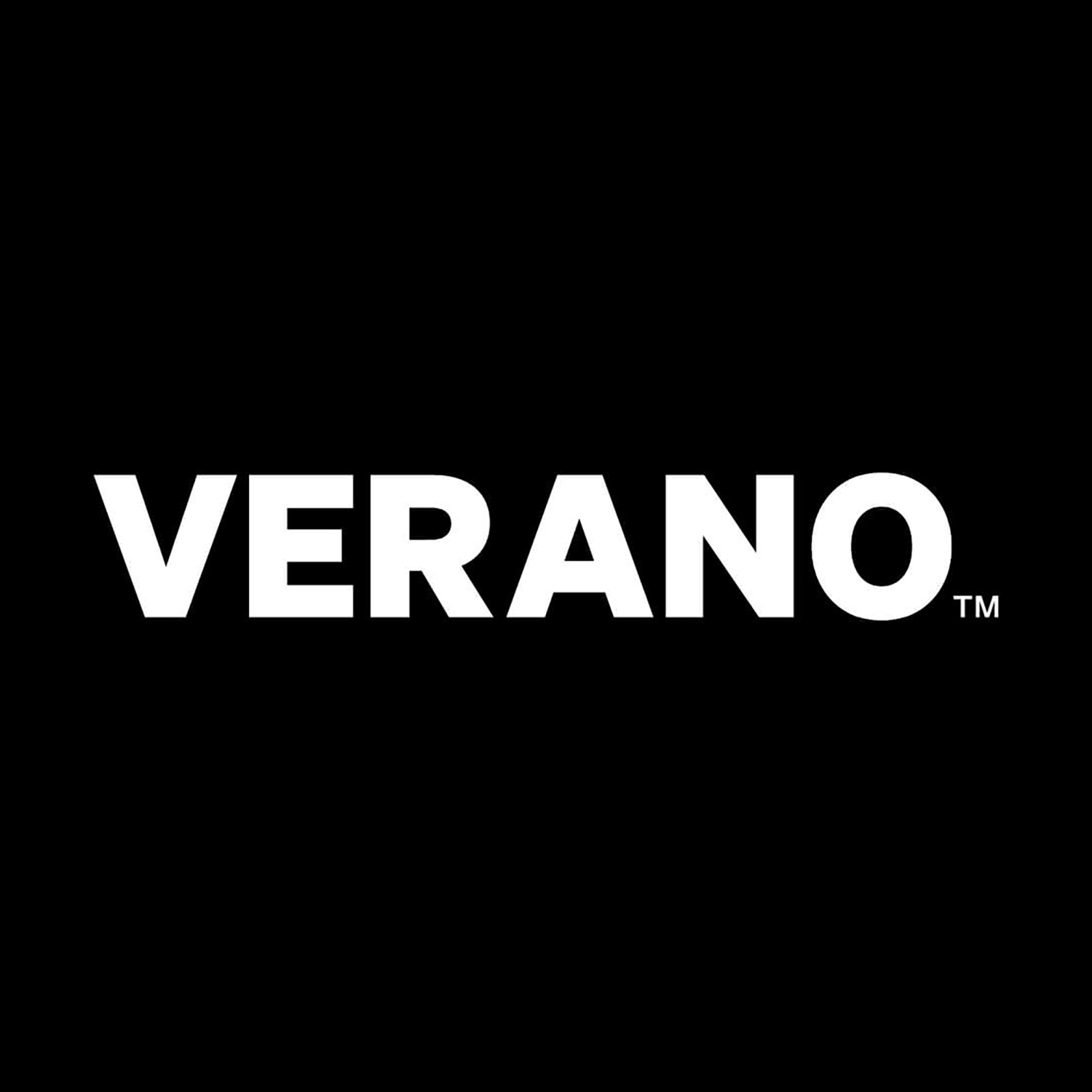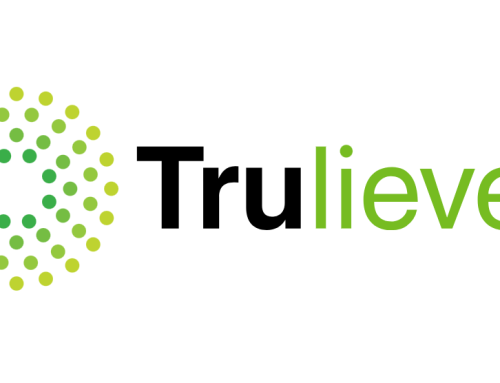Verano Secures $75M Credit Agreement
CHICAGO – Verano Holdings Corp. has finalized a $75 million revolving credit facility, drawing $50 million immediately to pay down higher-cost debt and leaving $25 million on tap for future needs.
The deal, arranged by Chicago Atlantic Admin, LLC and backed by a regional bank, replaces a chunk of Verano’s prior senior secured loans. Terms include a floating rate of SOFR plus 6%, with a 4% floor on SOFR, and no mandatory principal payments until maturity on September 29, 2028. Repayments can come in $2.5 million slices, though early exits before six months trigger an interest-only penalty. Collateral consists of targeted real estate holdings, which Verano can partially release if the debt stays below 60% of the properties’ appraised value.
This setup delivers cheaper borrowing than Verano’s outgoing facilities and adds redraw privileges, giving the company room to maneuver as cash flows dictate. Chief Executive George Archos called it a deliberate push to shore up the company’s financial footing. “We view today’s closing as another important step forward in executing our capital and finance strategy that will benefit Verano, our employees and shareholders in the long-term,” Archos said in a statement.
Peter Sack, managing partner at Chicago Atlantic, highlighted the arrangement’s rarity in Cannabis circles. He described it as “the largest such facility among U.S. operators in the history of the industry,” underscoring Verano’s market standing and the lender’s confidence in its operations across multiple states.
The timing aligns with Verano’s ongoing drive to refine its books. In the second quarter of 2025, the company posted $202 million in revenue, with gross margins climbing to 56% from 51% a year earlier, thanks to cost controls and operational tweaks. Executives have flagged a brighter outlook for the year’s back half, including fresh retail openings in Florida, now totaling 82 locations. Yet the sector’s tight credit environment, marked by federal restrictions that sideline mainstream banks, forces operators like Verano to lean on specialized providers. This revolver, tied to hard assets like cultivation sites and dispensaries, sidesteps those hurdles and frees up equity for expansion or acquisitions.
From a broader angle, the move signals Verano’s edge in a field where many peers grapple with ballooning debt loads and stagnant sales in mature markets. By swapping expensive term loans for flexible, lower-rate access, Verano cuts immediate pressure and builds a buffer against wholesale price dips or regulatory delays. As federal rescheduling talks drag into 2026, such financial discipline could prove decisive for survivors aiming to scale nationally.


































